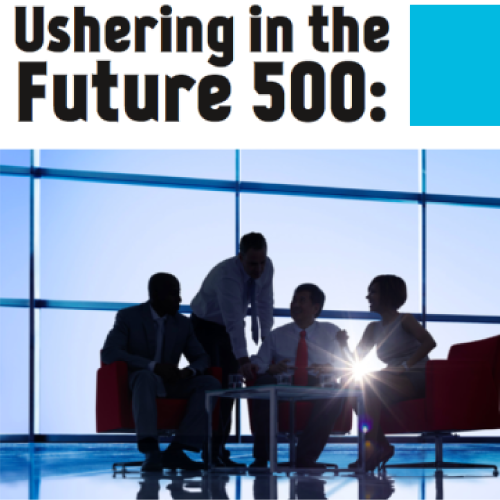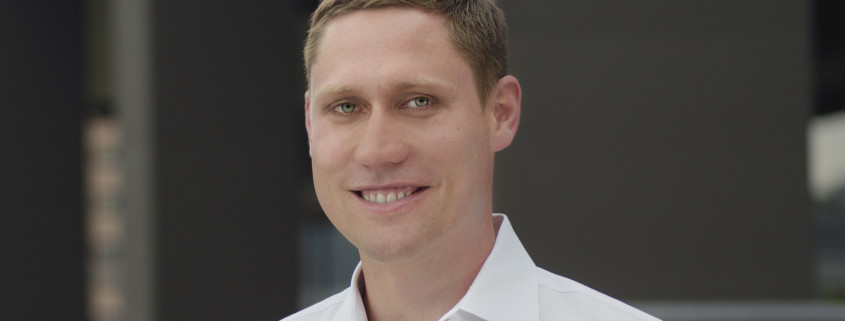The New Golden Rules
By: Billee Howard
Today innovation is predicated on the notion of providing never before seen ideas and offerings based on the fundamentals of trust and sharing. In our world today, the idea is that if we come together, we can build a better world predicated on better equality in all things. In today’s WEconomy, by pooling our resources together to build not just new products, but new ideas based off of trust and reputation, we are able to create mass access to once unattainable standards of privilege or luxury.
The world now understands more than ever before that together we rise, and together we fall. As the Lehman collapse and cascading world destruction showed us, we may all be separate, but we are also all connected in ways never before imagined. As such, the old ways of doing things no longer work. We cannot build upon hidden mistakes and hope for a better tomorrow.
New world orders call for new rules of business. Here is the road map that I have developed to help you navigate our newly created and largely uncharted business landscape and retain the best of the old, while innovating the new.
Create a “wespoke” approach to innovation.
Businesses today that provide products and services that are defined more by emotion and experience than function or status are thriving. In the past, people were wooed by the shiny and new. Today they are gravitating toward the elite and engaging.
Brands that understand this fundamental paradigm shift and seek to innovate not just things but ideas are the brands that will emerge as the entrepreneurial giants of tomorrow. Brands now not only need to focus on creating a product or service, but creating an experience for their customer that is immersive, engaging, and collaborative.
Be a Redemptive Leader
In order for an organization to harness the power of redemptive disruption, there must be a top down push of the characteristics required to be successfully disruptive. This means that companies need leaders who are driven to disrupt at every stage in the supply chain. Not only what you make, but how it is made, where it is made, and how your customer’s are serviced are all open for reinvention today.
Today’s most effective disruptive leadership stems as much from belief as it does from bravado. Faith is one of the most powerful tools in a CEO’s arsenal today. Possessing unshakable faith, inspiring that quality of belief in others. And transforming that passion into believable hope is among the most critical strategic imperatives of leadership today.
In the HouseOfWe people don’t just buy things because they are shiny and new. Today, people buy things from the people and companies they believe in. And leaders and companies that inspire this type of following are built from a foundation of trust and faith both inside and out.
Embrace Failure as the New Success
Historically, failure has been a no-no. something to deny. Something to run from, or hide at all costs. Wall Street never rewarded failure. In fact it punished it with battered earnings reports and falling stock prices. Today, in the post-apocalyptic 2008 world, measured and strategic failure is the bedrock of tomorrow’s success.
The majority of the causes of the 2008 financial contagion stemmed from denial and an inability to admit failure. Today, businesses must openly acknowledge what works and what doesn’t, and have the bravado to completely destroy the failing pieces in order to achieve forward prosperity. Similarly, companies can no longer afford to rest on their laurels when they are feeling successful. With the ever-accelerating pace of change, what defines success today may very well not define what it is tomorrow.
Good judgment comes from experience. And experience comes from bad judgment — from failures. The key question is how you respond, whether you learn from failure and rebound or not. And always remember that there is nothing more sexy and appealing than a good old comeback story.
Create an organizational culture that rewards the courage and ability to do things differently.
Be sure to reward mavericks in your company for shunning conformity. Innovation is vital for the growth, success, and wealth of firms. Yet the source of innovation is not so much investment in R&D, but the retention of talented people, who may appear at times as difficult mavericks that old school brands would have weeded out and discarded.
Keep pace with the speed of change
Recognize that change is occurring at an unprecedented velocity, and that your competitors today, will most certainly, without question, not be your competitors tomorrow.
Today, disruption is often only thought of as taking place inside of start-ups and through lone wolf entrepreneurs. That couldn’t be further from the truth. In the HouseOfWe, whether we are big or small, we all must embrace an appetite to do things differently. Today size doesn’t matter. Heft is no longer a badge of honor. And legacy does not preclude us from need to disrupt and innovate our way through the rushing current of rapid change.
In fact, agility is among the world’s most valued currencies today, next to creativity. And as a result, small today is often thought of as the new big. It is for this reason that successful companies are combining the best of the past with the best of the future to conceive a better tomorrow. They have the foresight to recognize that one’s competitors today will most certainly not be their competitors tomorrow, and are making the necessary changes required to envelop disruption and innovation into their legacy organizations in ways that poise them for growth both today and tomorrow.
Embrace change as a core business competency
In today’s marketplace, a company’s greatest asset, and only constant, is change. The ability to be able to force yourself into a place of discomfort no matter how comfortable you have become is the little known factor that is driving much success today. This counter intuitive idea is hard for many to embrace, but those who do manage to find not just short term but long-term success.
Tell consumers what they want before they know they want it.
One of the most critical idioms driving disruptive innovation today is the Steve Job’s mantra of telling consumers what they want before they even know they want it and then creating a scenario where they cannot live with out it. It was that guiding platform that enabled Jobs to not only transform how we listen to music with the advent of the IPod, but how we as a society ultimately would be able to consume media as a whole.
It was this one simple idea that allowed Job’s to build Apple into not just the world’s greatest technology company, but also the world’s most innovative consumer lifestyle brand ever built.
Reject limits.
One of the most critical components of success in today’s market is to approach disruption and innovation with an aspirational mindset that is so bold that it knows no limits. The winners in today’s environment are no longer just taking existing things and tinkering with them to make them better. We are no longer wowed by a new product upgrade. We want something new entirely.
Samsung, for example, introduced a 3D TV in 2011 only to be replaced a year later with the first ever Smart TV. 365 days after one invention debuted, seeing a picture in three dimensions was no longer as relevant as having a TV that could think and react as fast as one’s phone.
The reason that Samsung has rapidly become one of the world’s largest technology companies, surpassing giants like Microsoft and HP, is because the company’s innovation and imagination knows no bounds. In fact an entire town in Seoul Korea, named Samsung Town is basically dedicated to imagining the world’s next great technologies and bringing them to life.
In order to disrupt effectively there must be no limits on what you can kill or what you can create. You must be as willing to put yourself out of business, as you are to imagine a plethora of new ones.
Create a Culture of Courage.
Succeeding in the today’s transformed marketplace means finding the courage to not only create, but also to conquer- -to dig down deep to access the pioneering spirit required to truly disrupt. And it’s about being brave enough to imagine so boldly that you might sound silly or outlandish, even to yourself.
The ideas that will shape our new world will be those that challenge traditional conventions and fly in the face of everything we knew or thought we knew to be true. So don’t be afraid to have big ideas, crazy ideas that raise eyebrows, engender fear, or invite ridicule.
Leadership Pocket Mantras 2016
1. To survive in a post-apocalyptic world, technology can no longer be a panacea or the end solution to every challenge.
2. Speed, size, and power fueled by technology won’t take the place of human interaction, or collective human endeavors.
3. The shiny and new will no longer beat the trusted and true. A return to the values of old and the pride we once took in artistry and craftsmanship will return, but married with the automation and speed of the present.
4. A fearless approach to failure is a must. Failure should not be avoided, or even just accepted, it should be sought out. The only way true innovation can happen is having the courage to do just one simple thing: try, try and try again.
Billee Howard is Founder + Chief Engagement Officer of Brandthropologie, a cutting edge communications consulting firm specializing in helping organizations and individuals to produce innovative, creative and passionate dialogues with target communities, consumers and employees, while blazing a trail toward new models of artful, responsible, and sustainable business success. Billee is a veteran communications executive in brand development, trend forecasting, strategic media relations, and C-suite executive positioning. She has a book dedicated to the study of the sharing economy called WeCommerce due out in Fall 2015 as well as a blog entitled the #HouseofWe dedicated to curating the trends driving our economy forward. You can read more about “WE-Commerce: How to Create, Collaborate, and Succeed in the Sharing Economy” right here!
- [PRESS RELEASE] C-Suite Network™ Expands to Dallas and Announces Game-Changing Partnership with Flex Workspace Solutions - January 9, 2024
- Ushering in the Future 500 – White Paper - September 8, 2022
- Make Candor a Priority - September 8, 2022






